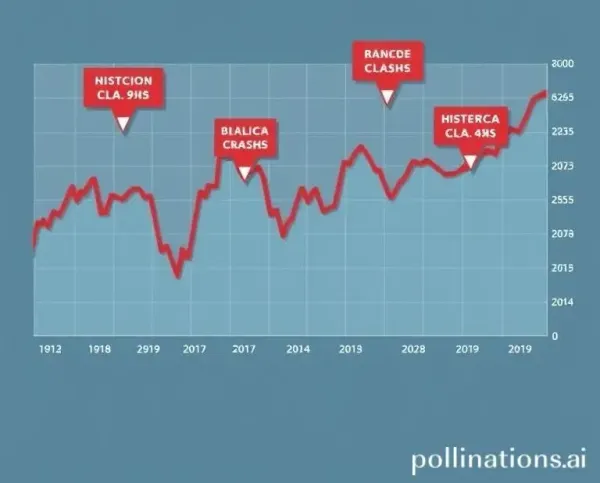Navigating Financial Uncertainty: Tips for a Calm and Smarter Approach
Discover strategies to manage financial stress and make informed decisions in uncertain times.

Have you ever felt overwhelmed by the thought of managing your finances during unpredictable times? You're not alone. Many people find themselves stuck, not knowing the best course of action when faced with financial uncertainties. But here's a comforting fact: it's possible to navigate through this with calm and clarity.
Understanding Financial Uncertainty
Financial uncertainty can stem from various sources like market volatility, unexpected life changes, or global events. These factors can make long-term planning seem daunting, but understanding the underlying causes can help us prepare better.
Why Staying Informed Matters
Knowledge is power when it comes to managing uncertainty. Regularly educating yourself on economic trends and basic financial principles is a great start. Consider subscribing to reputable financial news sources or checking out informative podcasts that provide insights into what's happening around the world.

Tips for Managing Financial Stress
- Set Realistic Goals: Break down your financial targets into manageable tasks to reduce anxiety.
- Build an Emergency Fund: Cushion yourself against unexpected expenses by saving incrementally.
- Seek Professional Advice: An advisor can provide personalized guidance suited to your financial situation.
- Stay Flexible: Be ready to adapt your plans as situations change.
A Relatable Story
Meet Jamie, a friend of mine who decided to get serious about their finances last year. They started by setting up a budget and reading books about personal finance. Slowly but surely, Jamie built up an emergency fund that gave them peace of mind during a surprise job transition. "It wasn't easy at first," Jamie recalls, "but staying informed and having that financial cushion made all the difference."

Making Smarter Financial Decisions
When uncertainty strikes, decisions can feel heavier. Keep these strategies in mind:
- Avoid Reacting to Market Fluctuations: Focus on your own strategy rather than trying to time the market. Long-term stability often trumps short-term gains.
- Diversify Your Investments: Spread your investments across different asset classes to manage risk effectively.

One of the most important aspects of smart decision-making is understanding your risk tolerance and investment time horizon. Getting to know these will help tailor your approach in a way that's right for you.
Next Steps
Remember, financial uncertainty doesn't have to lead to stress or inertia. With the right mindset and strategies, you can turn challenges into opportunities for growth. What steps are you taking today to manage financial uncertainty and prepare for tomorrow?




